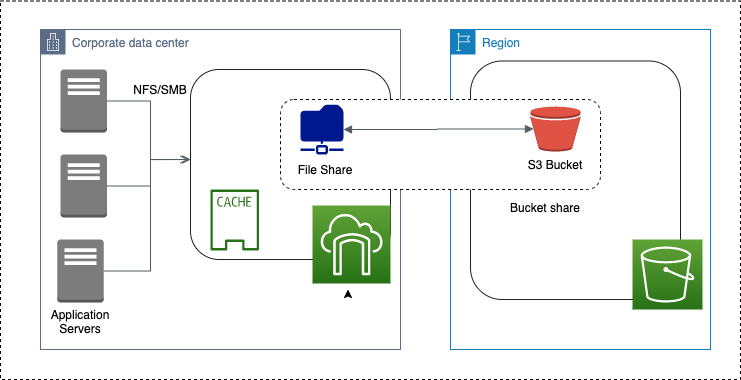


The typical on-site server is physical hardware located in your own datacenter and maintained by in-house IT personnel. You can also get the cheaper options first, scaling up when demand rises. If performance is important to your organization, you can start with a high-end cloud server, scaling down when peak usage is less than your anticipated workloads. You do not have to pay for idle infrastructure costs in case of low demand. You pay only for the exact space you used, and since server management is the vendor’s responsibility, you can save on labor and maintenance costs.Ĭloud servers are customizable according to your needs. When you use a cloud server, you benefit from the economies of scale that a cloud service provides. However, this does not mean they can access your data, as cloud servers can be as secure as on-site servers. You are thus sharing space on the server with the other customers of the vendor providing the service. What Is a Cloud Server?Īs the term implies, a cloud server is hosted virtually on the cloud. It also presents the ideal use cases for these types of servers.

So, which is better: cloud or server? This article discusses cloud and on-site servers in detail, including their differences, advantages, and disadvantages. In contrast, the traditional, or on-site, server that is housed on your premises is either managed by your own IT staff or outsourced to another IT provider. It’s capacity can scale with your business with little added cost and can be managed with little to no IT experience.When you use a cloud server, you are storing your data in a shared virtual environment.

Rockstor can be used as Private Cloud Storage and empower users with a hybrid workflow leveraging their private and public cloud storage effectively. If SMBs can seemlessly use a private cloud server working together with public cloud storage, they can be more efficient and profitable. Switching between local and Cloud results in a lot of lost productivity and inefficiency. However, they also need to store a lot of data locally. SMBs already rely on public cloud storage and in many cases spend a lot of money for the convenience. Small and Midsize Business(SMB) Cloud Server is the recommended solution for organizations with several hundred TB of capacity requirement.


 0 kommentar(er)
0 kommentar(er)
